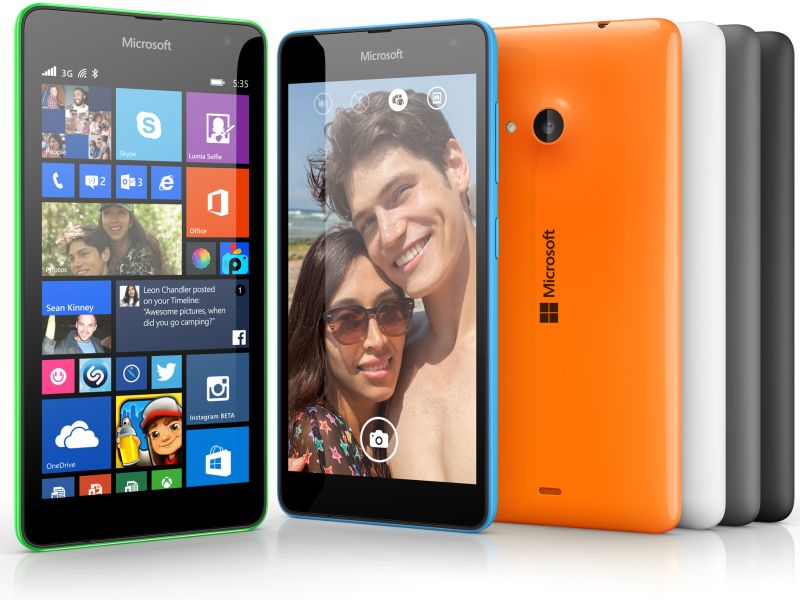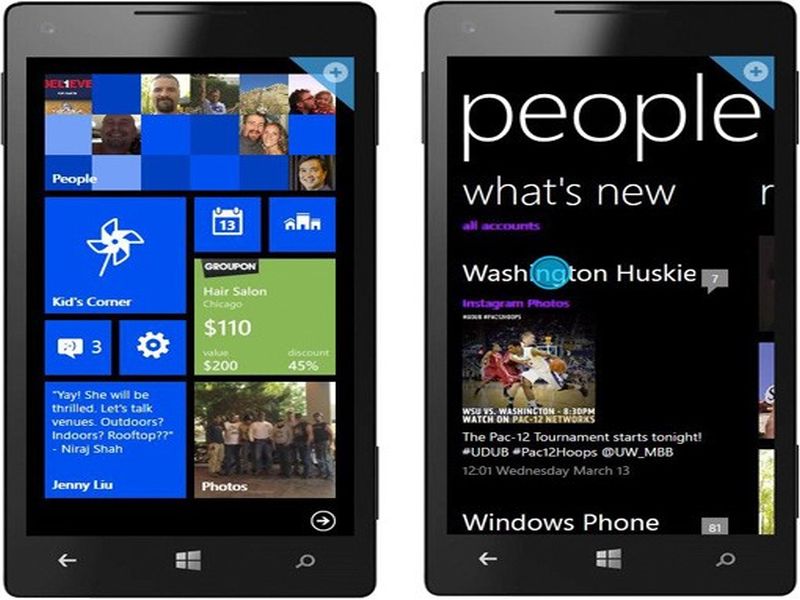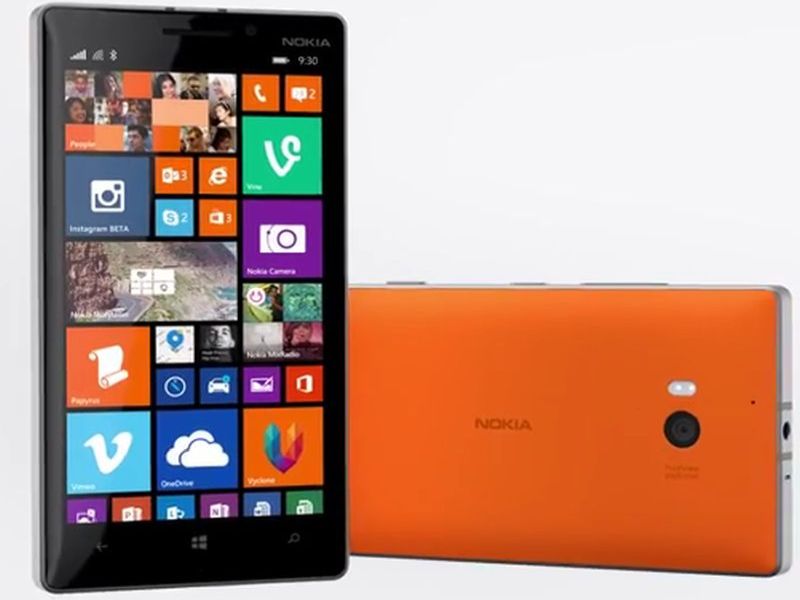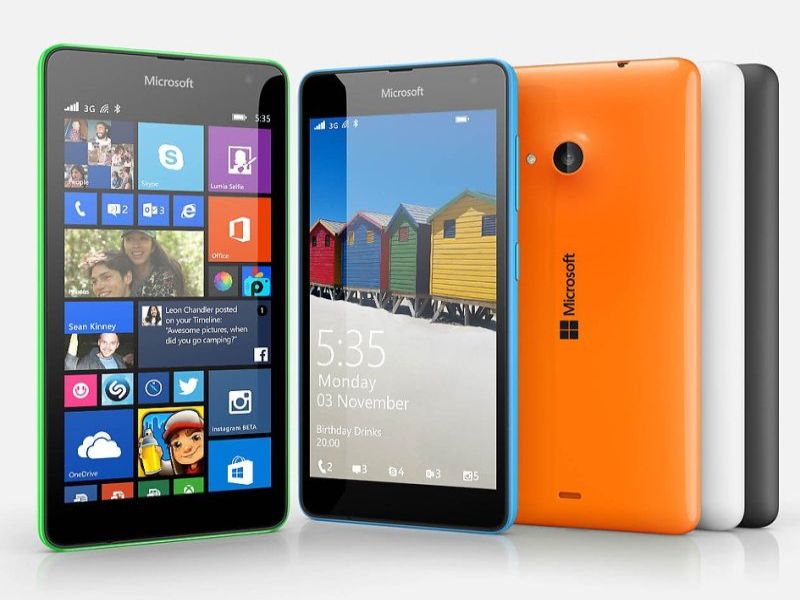Windows Phones were a very poor product from Microsoft, may it be the dull OS they had or the inability to run many apps. Microsoft launched Windows Phone to support the sinking market of Windows operating system that was obviously a terrible idea while having powerful smartphone operating systems like iOS and Android around. So, here are 7 more than good reasons that led the Windows Phone to fail miserably.
7 Reasons Why Windows Phone Was A Failure
Microsoft Underestimated the iPhone

When Microsoft decided to jump into the smartphone market; it was already led by Android and iPhone. Steve Ballmer of Microsoft said that iPhone would be a marginal player always. So, Microsoft didn’t introduce the necessary changes in their smartphones before launching them in the market. As a result, no one bothered to purchase the uncompetitive smartphones Microsoft had to offer. In a desperate attempt, Microsoft tried to give a last ditch effort by introducing Lumia series. But because they also were just a revamp of earlier Microsoft phones, Lumia phones also failed to meet the expectations and went down the hill.
Microsoft Wasn’t Fully Focused On The Phone Business
While Android device makers like Sony, Samsung, Lenovo, etc. and Apple iPhone were dedicated to developing their smartphones, Windows Phones were just ‘an another’ product from Microsoft. As others were much more into experimenting and introducing new compelling features, Microsoft just integrated the basics into the Windows Phone and patched up them for a sale.
Inability To Run Popular Apps

One of the things that Windows Phones sucked very badly at were the apps. Many of the popular apps like Snapchat and Evernote wasn’t available for the platform. As a result, many users found the Windows OS, a lackluster OS with no real functionality, and a poor platform that doesn’t provide much support for apps developed by others than Microsoft and its partners.
Poor Matching Of Consumer Requirements
Microsoft designed the Windows Phone OS in such a way that it was able to run desktop Windows apps like Excel and Spreadsheet greatly. But, it forgot that no phone user want a desktop app to work on their smartphone, pretty much in the same way it works on the laptop or desktop. There were far less number of people that found the feature useful and most were disappointed.
Poor Naming Conventions
While iPhone 6 lets you tell that it’s an upgrade of iPhone 5, you can never understand what Lumia 535 or Lumia 930 exactly meant. The naming convention is an important part of branding smartphones. It provides a little hint to the buyer as what the device has actually to offer. But in the case of Windows Phone, it’s merely a bizarre number with no possible explanation.
The One OS Fits All Wasn’t a Good Idea

Microsoft phones were powered by in-house OS, Windows. While it’s a great OS to be used on desktops and laptops, it proved to be lackluster in fulfilling a phone user’s requirements. Neither it was able to provide the same amount of flexibility and freedom like Android nor the security offered by iOS. Microsoft’s decision to use an OS that was coming down over and over wasn’t a very sharp move. As a result, it failed.
There Was Not a Single Thing Special about the Windows Phone
Whereas Android and iPhone devices brought something new to the table, there was no compelling feature in any of the Windows device to convince buyers. As a result, it failed and failed miserably. Can you think of just one single reason for the Windows Phone to exist? Hope you can but you just can’t because there’s nothing good about it.
Summary
Windows Phones failed badly at what they were meant to do. Because of the poor OS and other reasons, they were destined to be doomed.
